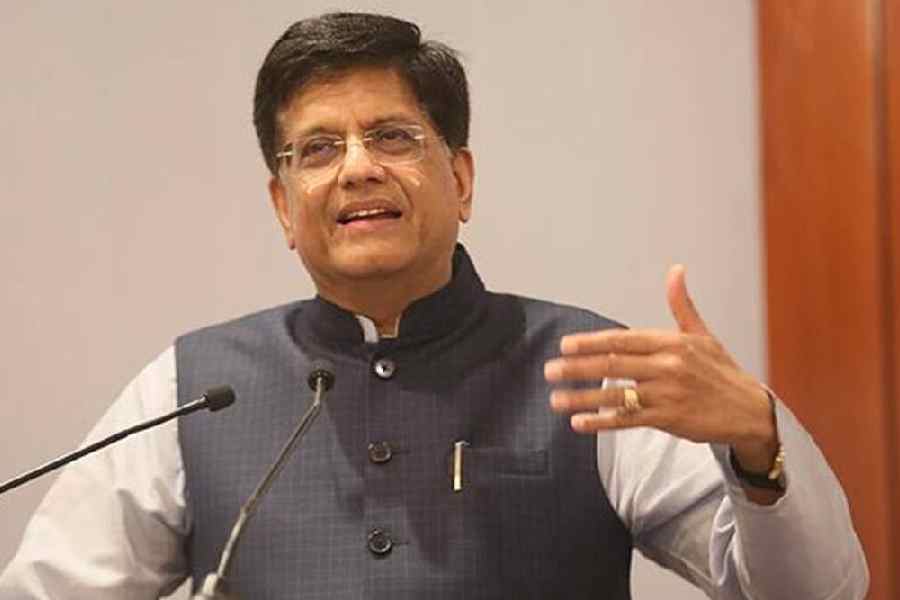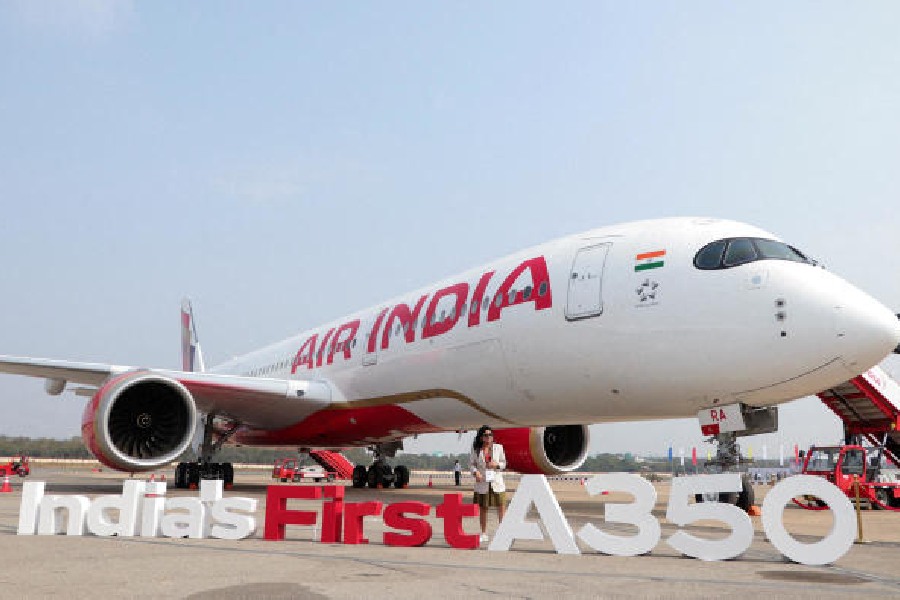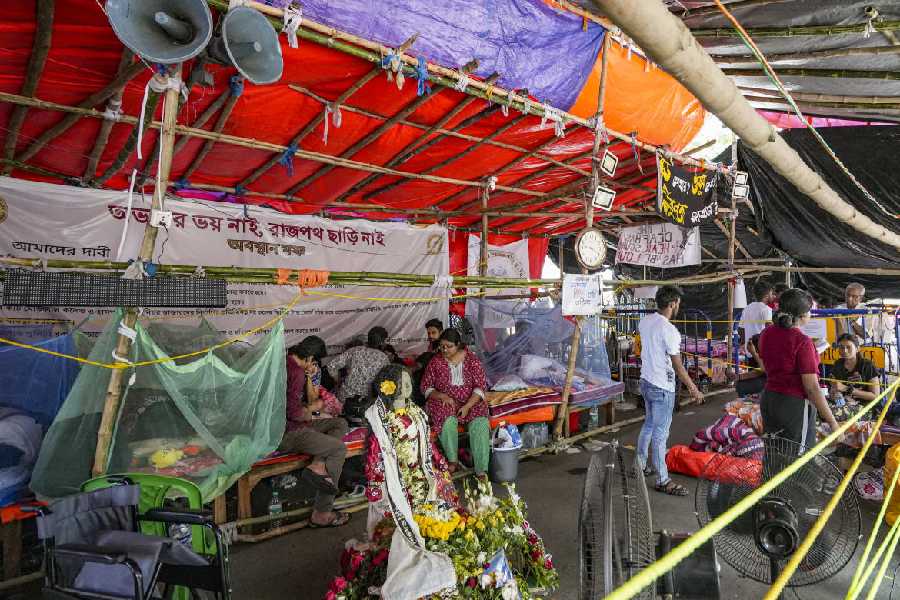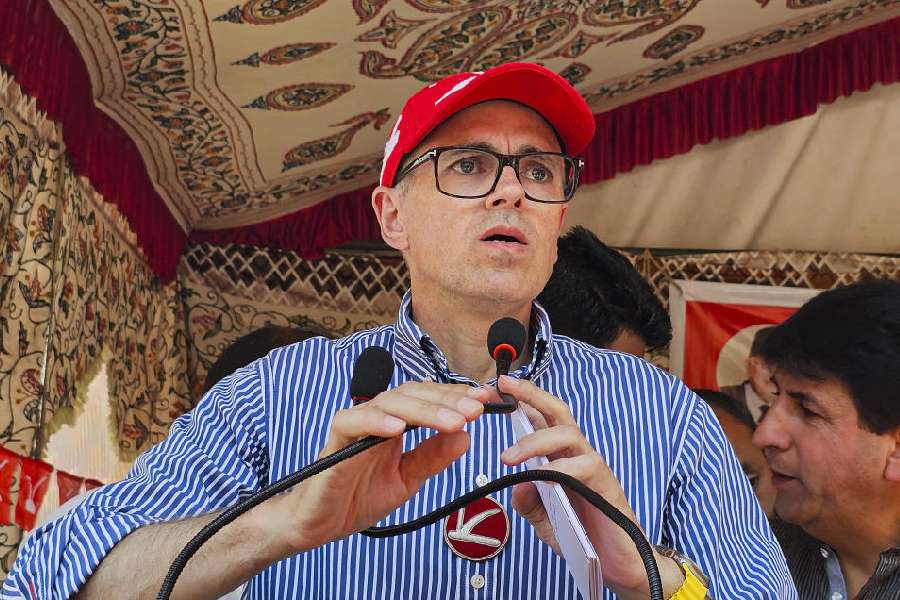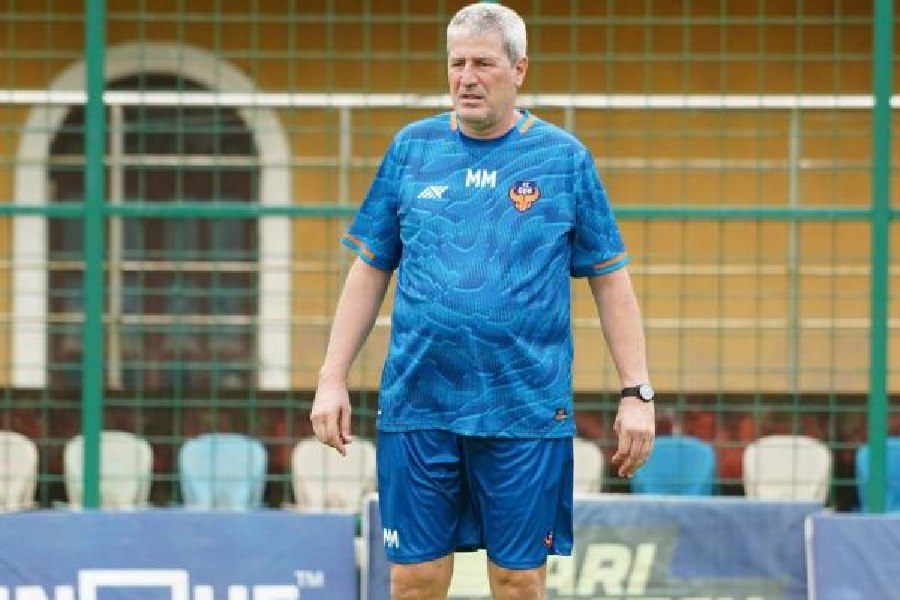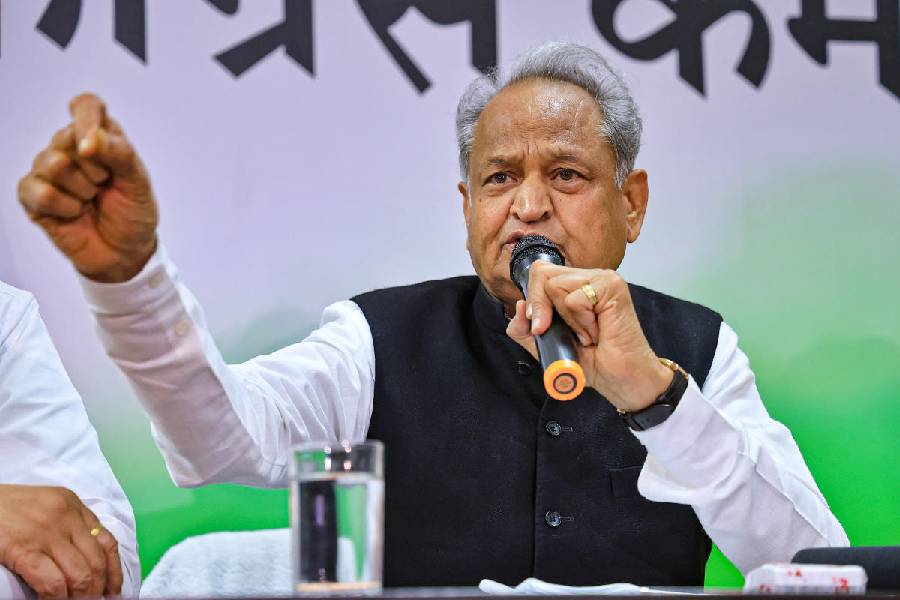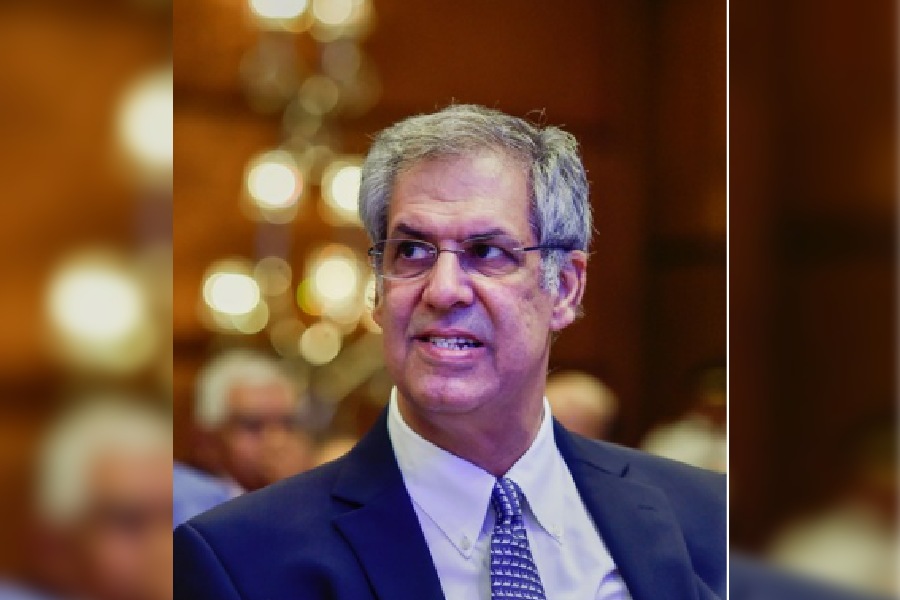Commerce and Industry Minister Piyush Goyal on Friday said certain "extraneous" elements are slowing down the negotiations for a proposed free trade agreement between India and the 27-nation bloc European Union (EU).
He also asserted that India should not be treated like Southeast Asian nations with which the EU has signed a trade agreement and the country can not sign a pact on dotted lines.
The minister said that the FTA talks can be fast-tracked and he is ready to engage on a daily basis like he had done with Australia, the UAE, and the European Free Trade Association (EFTA) trade agreements.
"I can assure all of you, we are not looking at transposing what I gave to the UAE. These are two different economic situations. I am not looking at the EFTA agreement with the EU. Similarly, the EU needs to understand, I am not a country in Southeast Asia with which you recently or sometime back did an FTA, where they can sign on the dotted lines on anything because they are not a democracy," he asserted.
He was speaking here at the launch of Federation of European Business in India (FEBI).
The minister said extraneous issues (like labour, environment and gender) are dealt with by other international organisations and the countries should let those organisations do their work.
"Extraneous items which have no relevance to trade or business are what are hurting the interest of trade and business. When we are trying to bring in too many extraneous elements into a free trade agreement, we are getting cornered into slow progress," he said.
He added that the EU will have to decide whether "we are looking" at expanding trade and business between the two sides or "we are looking" at issues which are dealt with by other international organisations.
Last month, chief negotiators of both the regions concluded the ninth round of talks here.
In June 2022, India and the EU resumed the negotiations after a gap of over eight years. It was stalled in 2013 due to differences over several issues.
"So these are some of the reasons why we have not made much progress," Goyal said adding that sadly despite several efforts, the cooperative elements have not taken centre stage as yet and many issues have been left festering in this relationship.
He said businesses and FEBI can play a key role in speeding up the talks.
"Take my comments in the right spirit in which they are intended...The spirit of openness," Goyal said.
He suggested that the EU should not look at "cloning" an agreement that they would have had with another developed country with India as "it's not going to be possible".
India needs a transitional period to break from a USD 2,500 per capita economy to a USD 20,000-30,000 per capita economy and "I will need that transition period. This is 'Chalk and cheese'," the minister said.
He also said that the perception that a standard made by the EU is "good" and that formulated by India is not an international standard is not acceptable to India.
"Standards will have to be set bearing in mind the country's own conditions," he said.
He expressed concerns that sometimes EU firms and leadership flag problems of quality standards in India as they want to import those products from some third country into India.
"Friends, you can bring anything that you want to (from your country). I have confidence in high-quality goods, I have confidence in our marketing and pricing practices, there are no hidden subsidies, and there is no dumping of goods or irrational prices which will kill Indian manufacturing. But I can not say the same about other countries," Goyal said.
Without naming China, he urged the EU to look at Indian standards from the lens of a European country and not from the lens of a third country, which may not be giving India equal and commensurate access to domestic products.
Further, he urged FEBI to invite Indian companies also in the association that are working in Europe to be members.
The role of FEBI includes issues pertaining to taxation, customs procedure, IT, labour laws, customs duties, banking regulation, ease of doing business, standards and FDI Investments.
Citing an example, he said, "I have often been approached by many Indian companies working in (EU) member states, who have the same problem on the other side. They say that we had an unviable operation but we are not able to close that operation in an EU state, because the government is not cooperating and actually creating hurdles in our business".
He added that irrational standards set up by the EU act as a trade barrier in expanding bilateral trade.
"We have people coming (Indian companies) and telling the significant unfair trade practices of the EU side and I think if FEBI really wants to be successful, it should be two-way traffic," Goyal said.
Speaking at the event, Ambassador of the EU to India Herve Delphin said despite best efforts from the negotiating team on both sides, "progress has been limited as of late and fundamental differences remain and are yet to be overcome".
Delphin added that both sides have to recalibrate and "recalibrate does not mean aiming at a cheap or low-cost FTA".
The agreement should be meaningful and both sides need to reflect on a potential package of mutual concessions which would see both sides moving to new trade policy territory that they have never ventured so far, he said.
Except for the headline, this story has not been edited by The Telegraph Online staff and has been published from a syndicated feed.

